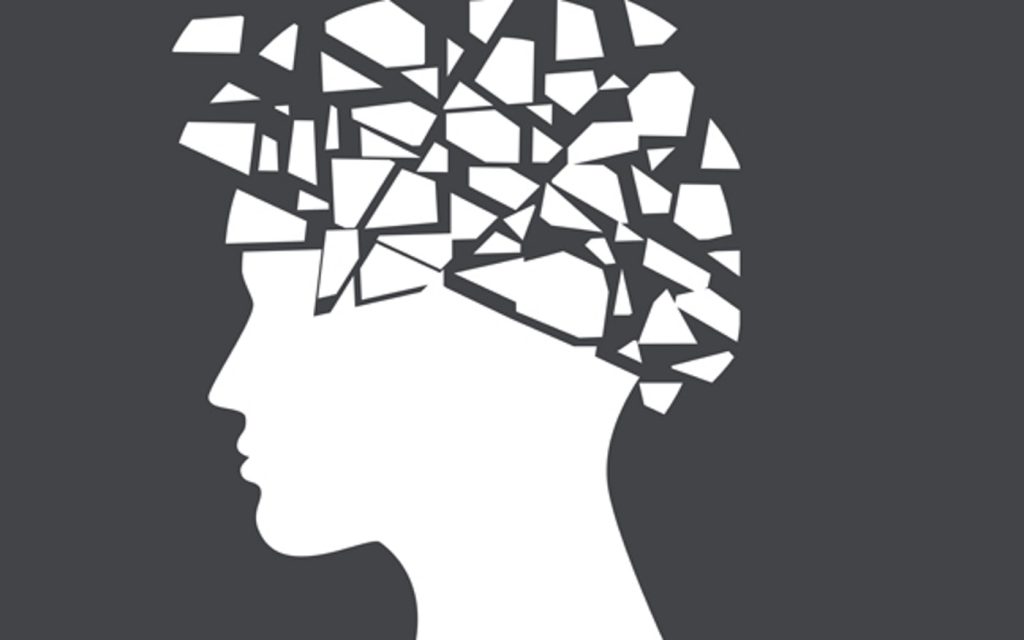In this week’s EDIT Blog Mythbusters series, Meg and Daniel explain why depression, and other mental health conditions, should be taken as seriously as physical health problems.

Psychological therapies, such as cognitive behaviour therapy (CBT) are first-line treatments for the most common mental health problems, namely anxiety and depression (National Institute for Care and Excellence, 2009), and yet they are only partially effective. For example, similar to anti-anxiety/antidepressant medications, approximately half of individuals do not experience a…

Unfortunately, mental health problems are sometimes seen as a sign of weakness. This view can be held by unaffected individuals as well as the sufferers themselves, who believe that they would cope better if only they were stronger characters. Here, we discuss why this is NOT the case and why…

In fact, there’s no single cause for anxiety and depression. Find out more in Molly’s post, as part of the EDIT Blog Mythbusters series. “But we already know that anxiety and depression are caused by _______.” When I talk to people about our team’s research and our goal of…

Learning that a disorder is influenced by your genes can be a frightening and confusing experience. People may think that because your DNA doesn’t change, it also means that we can’t do anything about “genetic” disorders. Meg and Kirstin [EDIT lab PhD students] explain how the environment and genes can…

The last few years have seen an incredible increase in the discovery of genetic variants associated with depression. In this Mythbusters blog, Kirstin [EDIT Lab PhD student] and Joni [SGDP Postdoc] describe this recent progress, and explain why there isn’t just a single gene for depression.

Your DNA is a fundamental part of who you are. Unless you have an identical twin (and possibly not even then), it is incredibly unlikely that anyone else has, or will ever have, the same DNA sequence as you. As such, when you provide your DNA for research, or to…

Taking part in research is a fantastic opportunity to contribute to the improvement of future health care initiatives. The usefulness of research findings are dependent on the type and quality of the data researchers can access. In our next Mythbusting blog series, EDIT lab placement students Anna, Beth and Bronte…

Next in our Mythbusters blog series, we tackle the common question “why is it worth participating in research?”. Although it can be easy to overlook the benefits, many find participating in research studies to be a very fulfilling experience…

The explosion in genetic research might leave some of us feeling that the important role of the environment is being ignored. EDIT Lab PhD students Daniel and Chris explain why recognising genetic differences is crucial if we want to understand the true role of the environment, and work out which…

Recent Comments